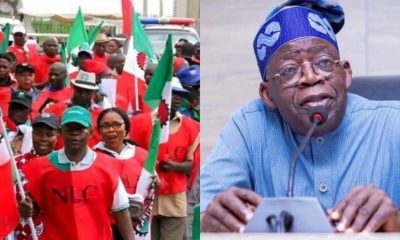In a significant move to address the economic needs of Nigerian workers, President Bola Ahmed Tinubu has agreed to implement a new minimum wage of N70,000. This decision comes following a crucial meeting between the government and organized labor leaders, marking a landmark moment in Nigeria’s labor history.
The announcement was made by the Minister of Information and National Orientation, Mohammed Idris, after the meeting concluded. The gathering included prominent labor leaders such as Joe Ajaero, President of the Nigerian Labour Congress (NLC), and Festus Osifo, President of the Trade Union Congress (TUC).
The Meeting
Labor leaders arrived at the Presidential Villa at around 2:15 pm in a white 32-seater Coaster bus. They proceeded directly to the President’s office on the first floor, where the discussions took place. The meeting underscored the government’s commitment to engaging with labor unions to find mutually beneficial solutions to the challenges faced by Nigerian workers.
Workers’ Expectations Amid Economic Pressures
While the approval of the N70,000 minimum wage represents a significant increase from the previous wage, many workers had hoped for a higher figure due to the high cost of living in the country. Rising prices for basic goods and services have put immense pressure on workers’ financial stability, prompting calls for a more substantial wage adjustment.
As Nigeria moves forward with this new policy, the increased minimum wage is poised to provide much-needed relief to workers, ensuring they can better meet their financial needs and support their families, even as they continue to navigate the challenges posed by the current economic climate.



























































